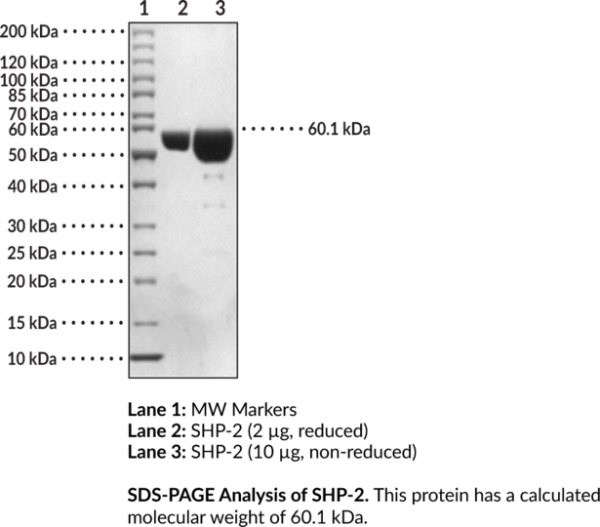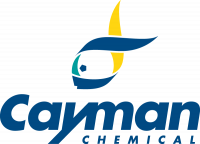Cookie preferences
This website uses cookies, which are necessary for the technical operation of the website and are always set. Other cookies, which increase the comfort when using this website, are used for direct advertising or to facilitate interaction with other websites and social networks, are only set with your consent.
Configuration
Technically required
These cookies are necessary for the basic functions of the shop.
"Allow all cookies" cookie
"Decline all cookies" cookie
CSRF token
Cookie preferences
Currency change
Customer-specific caching
FACT-Finder tracking
Individual prices
Selected shop
Session
Comfort functions
These cookies are used to make the shopping experience even more appealing, for example for the recognition of the visitor.
Note
Show the facebook fanpage in the right blod sidebar
Statistics & Tracking
Affiliate program
Conversion and usertracking via Google Tag Manager
Track device being used

| Item number | Size | Datasheet | Manual | SDS | Delivery time | Quantity | Price |
|---|---|---|---|---|---|---|---|
| Cay42002-100 | 100 µg | - | - |
6 - 10 business days* |
1,127.00€
|
||
| Cay42002-500 | 500 µg | - | - |
6 - 10 business days* |
3,848.00€
|
If you have any questions, please use our Contact Form.
You can also order by e-mail: info@biomol.com
Larger quantity required? Request bulk
You can also order by e-mail: info@biomol.com
Larger quantity required? Request bulk
Src homology region 2 domain-containing phosphatase 2 (SHP-2) is a non-receptor protein tyrosine... more
Product information "SHP-2 (human, recombinant)"
Src homology region 2 domain-containing phosphatase 2 (SHP-2) is a non-receptor protein tyrosine phosphatase (PTP) and a member of the PTP family. It is composed of an N-terminal Src homology region 2 (SH2) domain, a second SH2 domain, a PTP domain, a disordered C-terminal tail, which can serve as a binding site for adaptor proteins when phosphorylated, and a proline-rich sequence. Under basal conditions, the N-terminal SH2 domain binds to and inhibits the PTP domain, but disassociates in the presence of phosphorylated tyrosine residues on activated receptor tyrosine kinases or adaptor proteins to which it can also bind. SHP-2 is ubiquitously expressed and is involved in both positive and negative regulation of growth factor-, cytokine-, interferon-, or insulin-induced signaling pathways by dephosphorylating receptors, signaling intermediates, or kinases. SHP-2 binds phosphorylated programmed cell death protein 1 (PD-1) and decreases the levels of CD69 on the surface of, and IL-2 secretion from, T cell receptor-activated Jurkat T cells. Conditional knockout of Ptpn11, the gene expressing SHP-2, in myeloid cells, but not in mature T cells, reduces tumor volume, increases the tumor draining lymph node levels of effector and central memory T cells, and decreases the splenic levels of myeloid-derived suppressor cells (MDSCs), in a B16/F10 melanoma mouse xenograft model. Germline and somatic mutations in PTPN11 have been found in patients with both juvenile myelomonocytic leukemia (JMML) and Noonan syndrome, an autosomal developmental disorder characterized by facial abnormalities, decreased height, cardiac defects, such as pulmonary valve stenosis or hypertrophic cardiomyopathy, and skeletal malformation, and in a smaller percentage of patients with myelodysplastic syndrome (MDS) or acute myeloid leukemia (AML). Cayman's SHP-2 (human, recombinant) protein consists of 525 amino acids and has a calculated molecular weight of 60.1 kDa.Synonyms: Protein Tyrosine Phosphatase 1D, Protein Tyrosine Phosphatase 2C, PTP-1D, PTP-2C, PTPN11, SH-PTP2, SH-PTP3, Src Homology Region 2 Domain-containing Phosphatase-2, Tyrosine-protein Phosphatase Non-Receptor Type 11. Source: Recombinant human SHP-2 expressed in E. coli. Amino Acids: 1-525. MW: 60.1 kDa. Formulation: (Request formulation change), 20 mM Tris-HCl, pH 8.5, with 3 mM TCEP and 150 mM sodium chloride. UniProt Accession No: Q06124.
| Keywords: | Shp2, Shp2, PTP2C, SHP-2, SHP-2, PTPN11, PTP-1D, PTP-2C, PTP-1D, PTP-2C, SH-PTP2, SH-PTP3, SH-PTP2, SH-PTP3, Protein-tyrosine phosphatase 1D, Protein-tyrosine phosphatase 2C, Protein-tyrosine phosphatase 1D, Protein-tyrosine phosphatase 2C, Tyrosine-prote |
| Supplier: | Cayman Chemical |
| Supplier-Nr: | 42002 |
Properties
| Conjugate: | No |
| Host: | E.coli |
| Species reactivity: | human |
| Format: | Solution |
Database Information
| KEGG ID : | K07293 | Matching products |
| UniProt ID : | Q06124 | Matching products |
| Gene ID : | GeneID 5781 | Matching products |
Handling & Safety
| Storage: | -80°C |
| Shipping: | -80°C (International: -80°C) |
Caution
Our products are for laboratory research use only: Not for administration to humans!
Our products are for laboratory research use only: Not for administration to humans!
Information about the product reference will follow.
more
You will get a certificate here
Viewed

